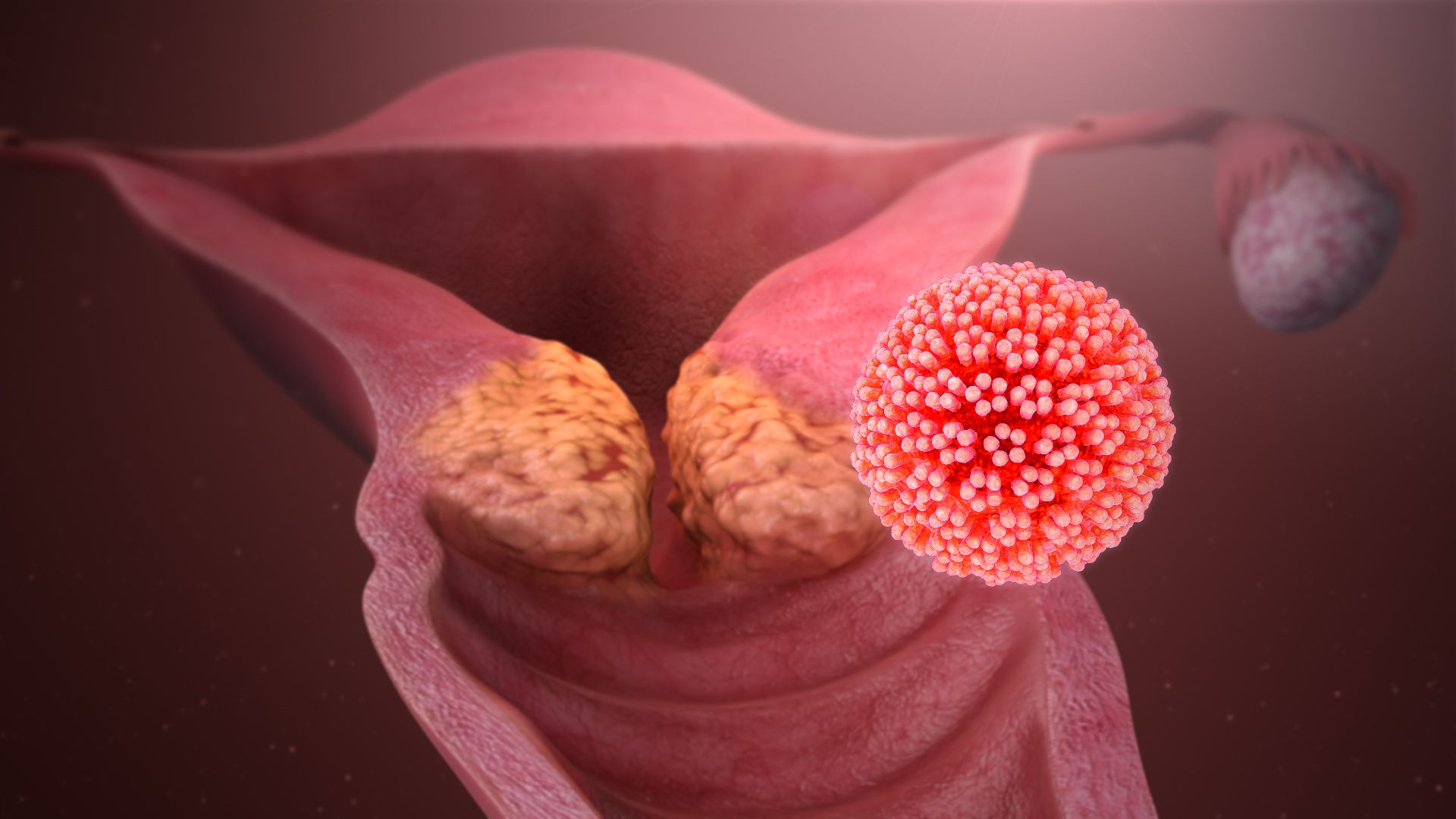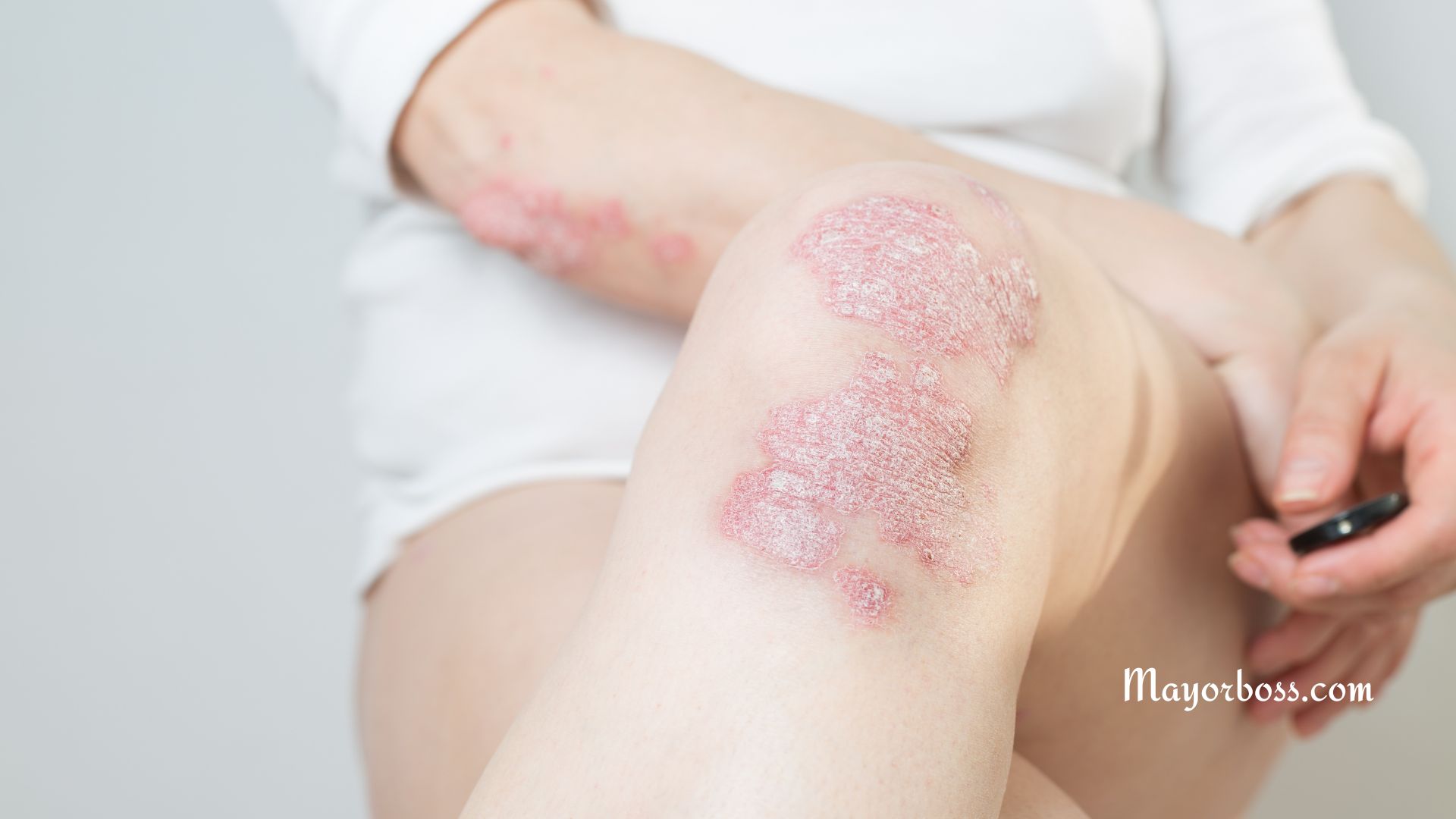17 Anemia Symptoms You Should Know About
Do you always feel tired? Do you have difficulty concentrating? Are you short of breath? These could be warning signs of anemia. Anemia is a blood disorder in which your blood doesn’t have enough red blood cells or hemoglobin. Hemoglobin is the part of the red blood cell that carries oxygen from your lungs to the rest of your body. If you have anemia, your body isn’t getting enough oxygen. Anemia can be mild, moderate, or severe, depending on how low your hemoglobin level is. It affects both men and women of all ages. But it’s most common in women who are pregnant or have heavy menstrual periods. The good news is that anemia can be treated. But first, you need to know the symptoms.
Anemia Symptoms
1. Fatigue
Feeling worn out and tired all the time is a common symptom of anemia. If you’re normally energetic and find yourself exhausted after doing simple tasks, it could be a sign that you have anemia.
2. Weakness
Feeling weak and lacking energy is closely related to fatigue but are worth mentioning as its own symptom. Experiencing weakness can make it difficult to do everyday tasks such as walking up the stairs or carrying groceries
3. Shortness of Breath
Do you find yourself gasping for air or feeling like you can’t catch your breath? This is another symptom caused by a lack of oxygen in your blood and may be more pronounced when participating in physical activity
4. Dizziness or Lightheadedness
Have you been feeling dizzy or lightheaded more often lately? These feelings can also be a result of an insufficient amount of oxygen in your blood. If you experience these sensations, be sure to sit or lie down so you don’t fall and hurt yourself.
5. Heart Palpitations
An irregular heartbeat is another symptom associated with anemia which is caused by the heart working harder than usual to pump oxygen-rich blood throughout the body.
6. Chest Pain
In addition to heart palpitations, you may also experience chest pain if you have anemia. The chest pain is usually a dull ache but can become sharp if the anemia goes untreated for too long.
7. Cold Hands and Feet
Anemia can cause poor circulation. This often makes your hands and feet cold, even when it’s not cold outside or in the room.
8. Headaches
Many patients with anemia report more frequent headaches or migraines as one of their symptoms.
9. Pale or Yellow Skin
A lack of oxygen in the blood can cause your skin to look pale or yellow. This is due to the hemoglobin in your red blood cells not being able to properly oxygenate your blood.
10. Frequent Infections
People with iron deficiency anemia are also more susceptible to infections because their immune systems aren’t as strong. If you find yourself getting sick more often than usual, it could be a sign of anemia.
11. Brittle Nails
Brittle nails or spoon-shaped nails may be a sign of iron deficiency anemia in particular.
12. Difficulty Sleeping
Difficulty sleeping or insomnia may also be caused by a lack of oxygen reaching your brain during sleep due to anemia.
13. Pica Syndrome (Strange food cravings )
Pica is a sudden urge to eat non-food items such as dirt, clay, ice, paper, soil, or chalk. This symptom is often associated with iron deficiency anemia.
14. Restless Legs Syndrome
Restless legs syndrome (RLS) is a condition that causes an urge to move your legs, usually because of an uncomfortable sensation. It can be caused by anemia or iron deficiency.
15. Craving Iron-Rich Foods
If you find yourself wanting to eat foods that are high in iron, such as red meat, dark leafy greens, or beans, it could be your body’s way of telling you it needs more iron.
16. Difficulty concentrating
Difficulty concentrating or feeling like your thoughts are fuzzy may be caused by a lack of oxygen reaching your brain due to anemia.
17. Loss of appetite
Iron deficiency anemia is associated with loss of appetite or feeling like you have no interest in food.
Conclusion
Living with anemia can be difficult, but with treatment, it is possible to manage the symptoms and lead a healthy life. If you believe that you may be experiencing any of the above symptoms, please see your doctor right away for further testing and treatment options!






